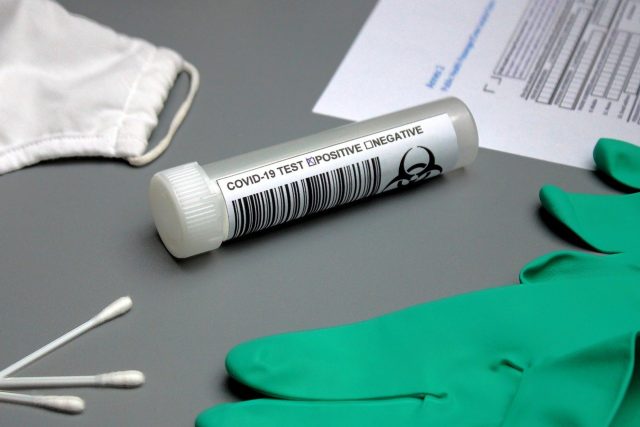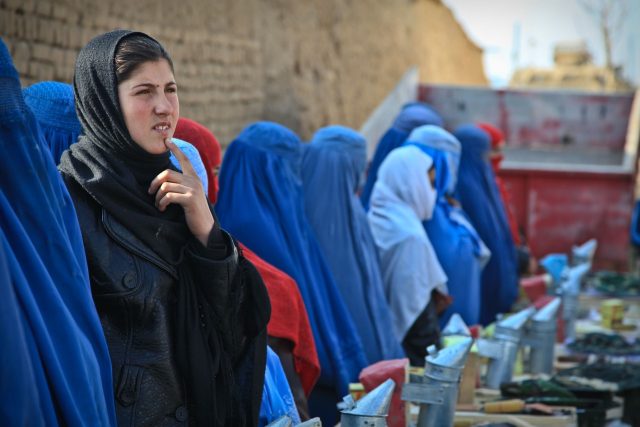Jeffrey Frankel, professor of capital formation and growth at Harvard University, previously served as a member of President Bill Clinton’s council of economic advisers. He is a research associate at the US National Bureau of Economic Research
Perhaps the most important task confronting the international order is enforcement of national limits on greenhouse-gas emissions, such as those that were negotiated in the 2015 Paris agreement. Carbon border adjustments could give these limits teeth, but fair application requires a revived World Trade Organization.
Past attempts at curtailing carbon dioxide emissions have yielded limited results. China and other emerging and developing economies resist curbing their rapidly rising emissions, understandably arguing that the industrialised countries should go first because they created the problem.
To be sure, the EU has had some success, raising the price of CO in Europe to around €75 per ton through its Emissions Trading System. And the US recently passed the Inflation Reduction Act, which heavily subsidises electric vehicles and other green technologies, though the country still baulks at a carbon tax.
Despite good intentions, these global efforts have not put much of a dent in climate change. Negotiators continue to waste time haggling over whether to set a global target of 1.5ºC or 2ºC for the magnitude of global warming. But existing national emission policies are too lax to achieve either outcome. Most countries have failed to meet even their own standards.
Enforcement is non-existent. When countries miss their targets, they are not called out, let alone penalised by the international community. Carbon leakage and global competition greatly exacerbate the problem. If a country imposes regulatory costs on its own carbon-intensive domestic firms, production tends to move to lower-cost countries.
READ Green tariffs are now our best hope of beating climate change
Carbon border adjustment measures offer a potential way around this collective action problem, because they raise the cost of cheaper, carbon-intensive imports that threaten to undercut rule-abiding domestic firms. Tariffs level the playing field by making it harder for industries to offshore their emissions to countries with lower regulatory standards and compliance costs. They also encourage governments to join the club of countries making serious commitments and then to abide by them.
The EU has finalised plans for a Carbon Border Adjustment Mechanism. From 2026, it will impose tariffs on imports to equalise CO prices between domestic producers and their foreign competitors. The mechanism is designed to protect the most carbon-intensive EU industries, beginning with electricity generation and aluminium, iron, steel, cement and fertiliser production. The European Parliament wants to encompass other industries as well, including those with indirect emissions.
EU officials say the mechanism will comply with WTO rules — and they may turn out to be right. WTO members are already permitted to enact trade barriers for environmental ends, so long as the measures do not unfairly discriminate against foreign firms.
There are precedents for the WTO’s environmental exceptions. Article XX (b) and (g) allows exceptions to protect health and natural resources. The preamble to the 1994 Marrakesh Agreement, which established the WTO, makes clear that this includes environmental objectives, as do subsequent rulings, beginning with a 1996 decision on US gasoline imports.
Most notably, the WTO dispute settlement mechanism upheld non-discriminatory environmental exceptions in the famous 1998 shrimp-turtle case. A 2007 WTO appellate body decision on some Brazilian import restrictions also confirmed the applicability of Article XX, finding that the rules accord considerable flexibility to WTO member governments when they take trade-restrictive measures to protect life or health, and that problems like global warming are included.
READ Could carbon markets be financial services’ answer to climate change?
Adjudicating CO border taxation would be a natural job for a revived WTO, if its members were to give it the mandate. Even the US, which has stifled the Appellate Body by leaving it inquorate since 2019, might rediscover the usefulness of the WTO dispute settlement mechanism.
It could take a case to the WTO if the EU Carbon Border Adjustment Mechanism were to become protectionist, whether by including too many industries with indirect and hard-to-quantify CO use or by over-estimating the gap in the effective prices of carbon in the US and EU.
An environmentally driven reinvigoration of the WTO would benefit developing countries, too. Vietnam and other Asian countries could bring cases targeting US and EU trade barriers against imports of solar panels and other renewable energy equipment. Similarly, the “buy American” aspects of the Inflation Reduction Act might give US trading partners reason to litigate, rather than simply retaliate. US buyers would gain from cheaper solar panels, wind turbines, batteries and electric cars.
Instead of an environmental trade war, a revived WTO could foster new norms for beneficial CO border taxes and generate a wave of trade in green goods and services.
WTO director general Ngozi Okonjo-Iweala wants to revive lapsed negotiations to liberalise trade in environmental equipment. The resulting green globalisation would benefit every country — and above all the planet.
This article was published by Project Syndicate.
Want more on ESG investing? Financial News’ weekly update has you covered



The Most Read
Сryptocurrencies
Bitcoin and Altcoins Trading Near Make-or-Break Levels
Financial crimes
Thieves targeted crypto execs and threatened their families in wide-ranging scheme
Financial crimes
Visa Warning: Hackers Ramp Up Card Stealing Attacks At Gas Stations
News
Capitalism is having an identity crisis – but it is still the best system
Uncategorized
The 73-year-old Vietnamese refugee is responsible for bringing Sriracha to American consumers
Uncategorized
Electric Truckmaker Rivian, Backed By Amazon, Ford, Raises Whopping $1.3 Billion